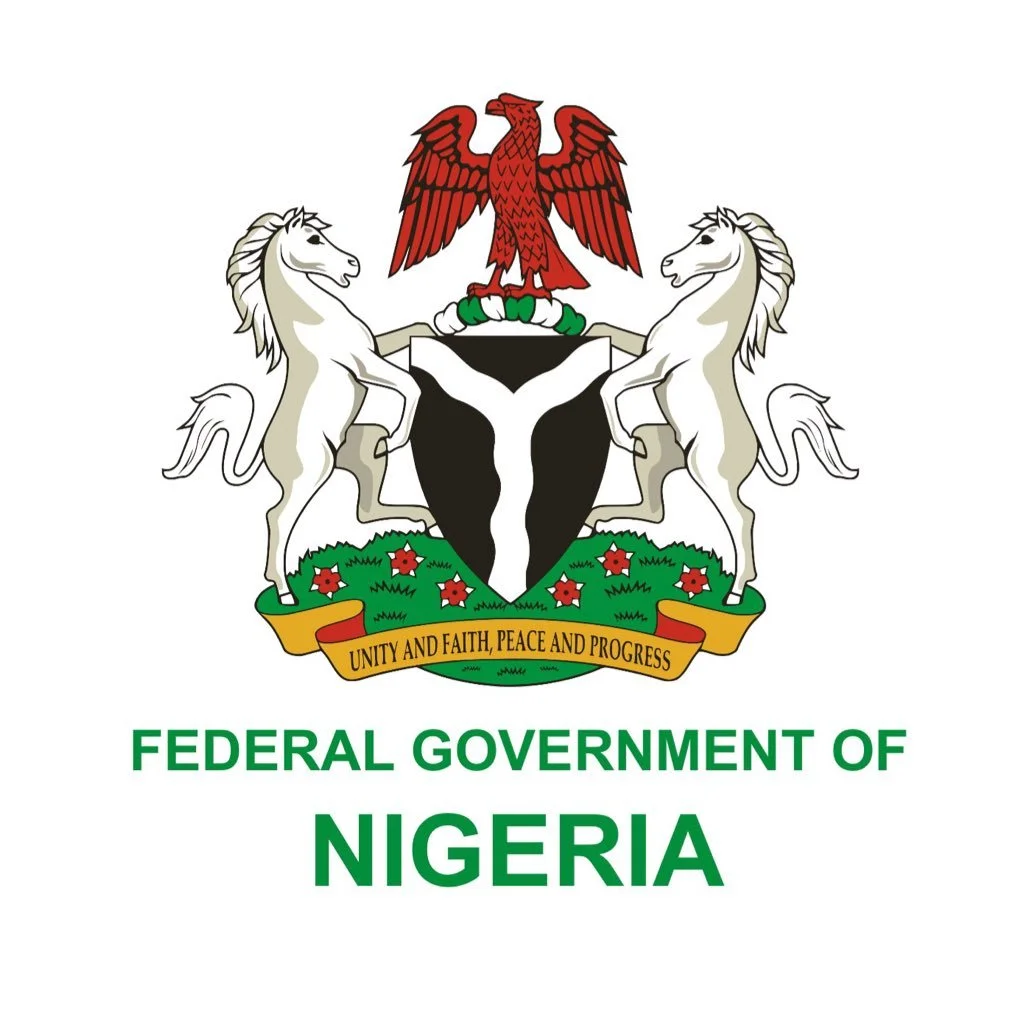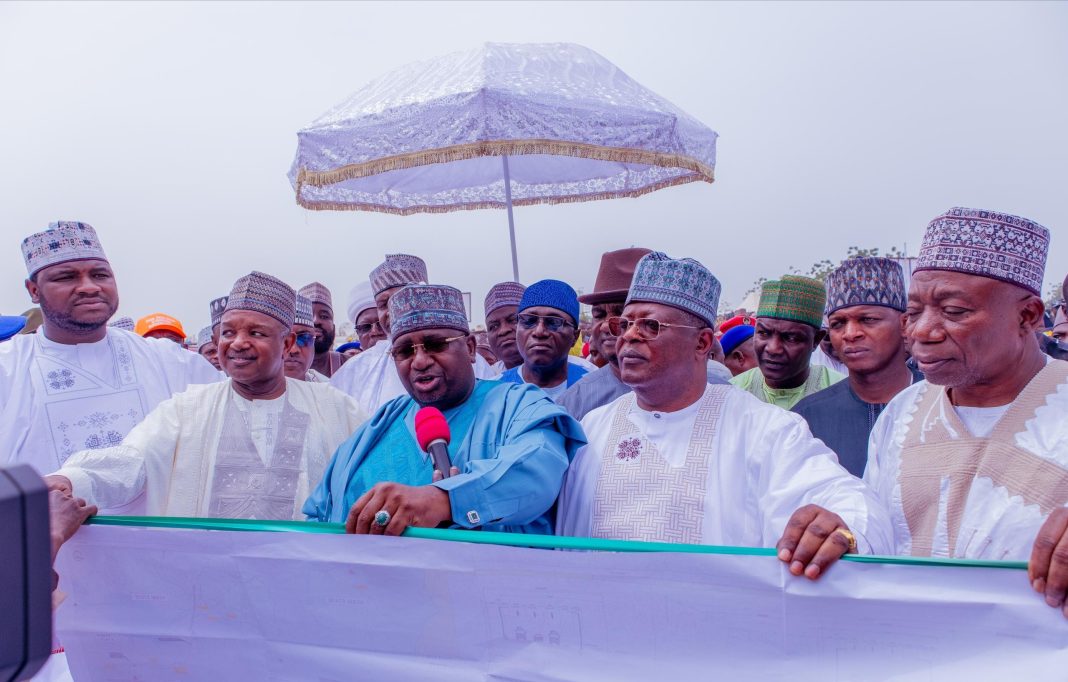By Noah Ocheni, Lokoja
Political Science Professor Hassan A. Salihu of the University of Ilorin has attributed Nigeria’s slowed national development to an increasing divide between government institutions and the citizenry. Speaking at an event celebrating Professor Usman Ogbo’s birthday at Kay Galaxy Event Centre, Lokoja, Prof. Salihu delivered a paper titled “Towards Promoting a Robust Government-Citizens Relationship in Nigeria,” which highlighted the damaging effects of the growing disconnect.
Prof. Salihu described the current government-citizen relationship as a “cancerous disease” that obstructs efforts to mobilize citizens toward national goals. “Citizens no longer exhibit past values of bonding with governments. Many Nigerians perceive their governments as alien or irrelevant amidst rising living costs,” he said, adding that the lack of trust makes it challenging to achieve effective governance.
According to Salihu, while the federal government maintains a relatively better connection with citizens, state and local governments suffer from severe disconnection, which he warns is a threat to democracy. “The success of democratic governance relies on active citizen support, but skepticism and distrust are eroding that foundation. The war against terrorism is one such example, where lack of cooperation undermines national security efforts,” he noted.
Prof. Salihu emphasized that robust development in other countries is often driven by the trust and bond between people and their governments. Democracy, he argued, should be focused on transforming lives for the better, not merely on offering freedoms in the abstract. “In Africa, democracy is particularly valued for its potential to uplift living conditions, yet that promise often remains unfulfilled in Nigeria,” he stated.
Reflecting on past policies, he noted that the Structural Adjustment Programme (SAP) under military rule contributed significantly to today’s economic hardships, a reality worsened by leaders who prioritize self-interest over public service. “Promises made in speeches often fade after the media spotlight moves on, as many public servants prioritize self-benefit over public welfare,” Prof. Salihu observed.
Salihu urged that government policies must become people-centered, addressing citizens’ pressing concerns rather than pursuing abstract goals. “Development remains low because the people see governments as adversaries, while governments distrust their own citizens,” he concluded, calling for urgent reforms to bridge this widening gulf.





